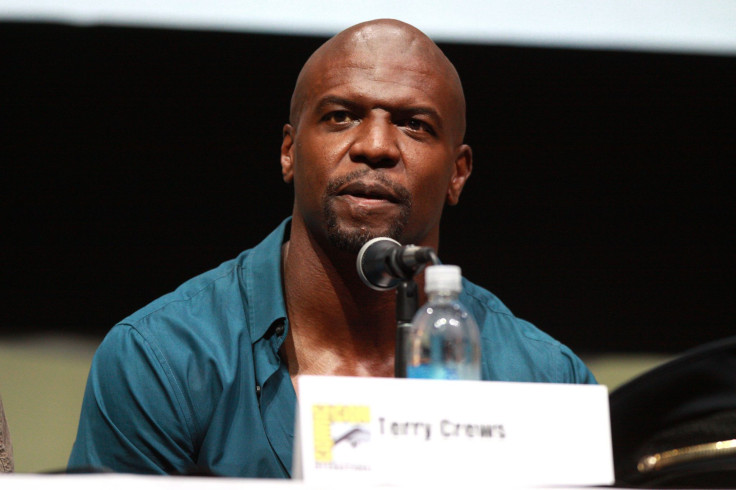Terry Crews May Have Had A Porn Problem, But That Doesn't Make It An Addiction

Actor and former NFL linebacker Terry Crews recently released a series of videos on Facebook documenting his past struggle with pornography addiction. However, despite Crews’ heartfelt disclosure, many experts are still on the fence as to whether pornography addiction is really an addiction at all.
Since his first video posting Feb. 11, Crews’ ‘Dirty Little Secret’ series detailing his recovery from a pornography addiction has accumulated around 59,000 likes. In the videos, Crews explains how, at one point, his obsession with pornography became so bad that his wife of 26 years threatened to leave him, The Daily Mail reported.
“'My wife was literally like, ‘I don't know you anymore. I'm out of here,’” Crews said. “And that changed me. I had to change because I realized, yo, this thing is a major, major problem.”
According to Crews’ footage, he eventually went to rehab to deal with his problem and is now coming clean because, “by not telling people, it becomes more powerful, but when you tell, and when you put it out there in the open...it loses its power.”
Crews video series has resonated with many, but medical professionals are still hesitant to label porn obsession as a true addiction. By definition, addiction means being physically and mentally dependent on a particular substance, and unable to stop taking it without incurring adverse effects. The term usually references a reliance on drugs or alcohol. A 2014 study published in the online journal Current Sexual Health Reports posits that porn doesn’t cause unhealthy tendencies as much as it reveals them. In other words, porn obsession isn't the disease, it's the symptom.
“Our review suggests that less than one percent of people actually experience negative consequences of their use,” lead author Dr. David Ley previously told Medical Daily. “And that further, those negative consequences are rarely attributable only to porn, but to a host of other causes and variables.”
A study conducted a year later came to a similar conclusion. For the study, researchers used an EEG to look at the brain activity of 122 men and women with porn problems and found that the images of porn do not cause the same neurological response as other addictions. For example, when a chronic gambler saw a picture of a casino, a measurement of brain activity, known as as the late positive potential, will intensify in activity. This measurement reflects electrical activity occurring in the visual and subcortical (area below the cortex) systems of the brain. The same would occur in those addicted to drugs and drinking when shown the objects of their obsessions.
However, the opposite effect occurred in those with porn problems; activity in their late positive potential area actually lowered when they were shown erotic images. Due to this, the team concluded that although pornography does cause problems for some, it does not serve as the true basis for an addiction from a scientific standpoint.
While porn may not be a clinical addiction, for those who suffer with serious porn problems, it may feel that way, and that makes all the difference. According to Crews, his life completely changed for the better once he addressed and sought help for his problem, and he urges others in similar situations to do the same.
“If day turns into night and you are still watching [porn], you probably got a problem. And that was me,” explained Crews. “Now it's become my battle to help other people who are going through the same thing.”
Published by Medicaldaily.com



























